Diversifying crop rotations with legumes like mung beans brings real benefits. These plants can fix nitrogen, improve soil structure, and reduce pest pressure, making them a valuable addition to sustainable farming systems. For Middle Tennessee, mung beans offer a way to strengthen local food production while exploring new markets and recipes for this nutrient-dense legume.

Our work with mung beans has been driven by a collaboration with Dr. Matthew W. Blair and students from the Tennessee State University Plant Genomics & Genetics Lab. Dr. Blair is a plant breeder and molecular geneticist whose research focuses on legumes, pseudo cereals, and specialty crops. Together with graduate student Joshua Relyea, this partnership is part of the TSU Mung Bean Project, which includes trials on Caney Fork Farms’ satellite fields as well as other sites across the state.
Mung beans are legumes that form a symbiotic relationship with rhizobia bacteria in their root nodules, fixing atmospheric nitrogen into a form plants can use. This process naturally improves soil fertility and reduces the need for synthetic fertilizers. They are also fast growing and drought tolerant, making them a valuable specialty and cover crop in Tennessee’s warm climate. When used as a cover crop, they contribute organic matter back into the soil, supporting long term soil health.
As Joshua notes, “Mung beans bring something fresh to the table. They are not just another crop in the rotation, they are a tool for soil health and long term resilience.”
Because mung beans mature quickly, they can be double cropped after wheat or integrated into other rotations without much disruption. Their relative “newness” in U.S. agriculture also means Tennessee farmers are not yet facing major pest or disease pressures. Economically, demand is growing both internationally and here at home. Mung beans are popular in Asia, and in the U.S. they are gaining traction in sprouts, microgreens, and plant based protein products. For farmers, this presents an opportunity to diversify and tap into emerging markets.

At Caney Fork Farms, we have been hosting certified organic trials using a commercial organic variety, while the Agricenter International in Memphis has tested conventional varieties like Berken and OK2000 at different planting densities. Early results suggest that seeding about 250,000 seeds per acre on 7.5 inch row spacing is a highly effective approach.
As Joshua puts it, “The trials give us a foundation. We are figuring out how to make mung beans work in Tennessee soils so that farmers can adopt them with confidence.”
These efforts connect with researchers across the country, including partners at Iowa State University to compare results and strengthen recommendations. The long term vision is to create reliable protocols that markets can trust and that position mung beans as a climate smart cash crop for Tennessee and the Southeast.

Our trials with mung beans are part of a broader commitment to regenerative agriculture and on farm research. With every season, we test new practices and crops in partnership with universities and research organizations, helping us build a food system that is more resilient, diverse, and rooted in care for the land.
Want to read more about Joshua Relyea’s thesis and the details of his findings? Click here.

